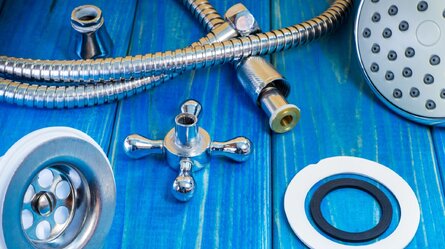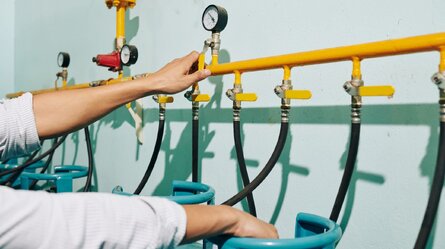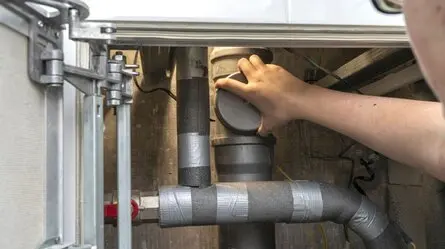Ever thought about how skipping maintenance on your new plumbing appliances might cut their lifespan short? According to the Australian Plumbing Association, taking good care of them, especially in the first year, could make them last up to five years longer.
This article delves into crucial maintenance tips for your recently installed plumbing fixtures, ensuring you maximise your investment. We’ll explore practical strategies to keep your appliances in shape, from routine checks to proper usage habits.
Whether you’ve recently updated your kitchen sink or fitted a brand new hot water system, these tips will keep your plumbing in top shape. You’ll save both time and money down the track.
Understanding Your New Plumbing Appliances
Familiarising yourself with user manuals is crucial for new plumbing appliances. These guides are treasure troves of information detailing proper usage, maintenance schedules, and troubleshooting tips. Take the time to read through them thoroughly, as they often contain specific instructions that can help you avoid common pitfalls and extend the life of your appliances.
Identifying critical components and their functions is the next step in mastering your new plumbing fixtures. Learn about the various parts, such as filters, valves, and seals. This knowledge will prove invaluable when performing routine checks or communicating with a professional plumber if issues arise.
It’s essential to recognise regular operations versus potential problems. New appliances make unfamiliar sounds or operate differently from your old ones. Learn what’s typical for your specific models to spot any deviations that could signal trouble quickly.
Keeping track of warranty information and service schedules is often overlooked but vital. Create a file for each appliance, including purchase dates, warranty terms, and recommended service intervals. This organisation will ensure you take advantage of free repairs or void your warranty through neglect.
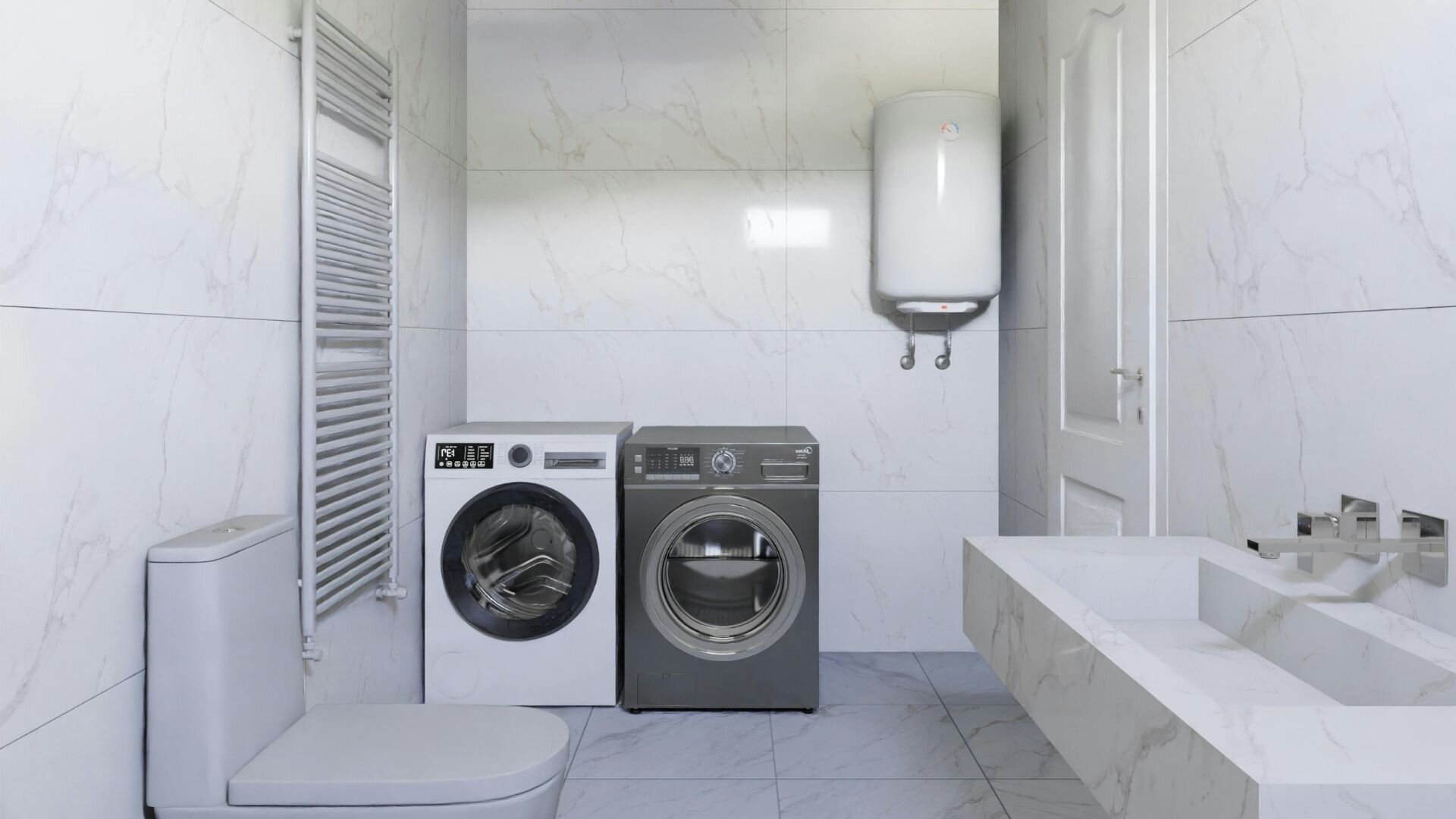
Regular Inspection Routines
Crafting a maintenance checklist for your appliances is a smart way to keep an eye on your plumbing system’s health. Tailor each list to specific fixtures by including leak checks, seal inspections, and filter cleaning. This method helps you cover all the essential maintenance tasks.
Setting up a schedule for periodic inspections helps make maintenance a habit rather than an afterthought. Mark your calendar with monthly, quarterly, and annual check-ups for each appliance. Consistency is critical to catching potential issues early and stabilising your plumbing.
Keep an eye out for wear, corrosion, or damage when doing visual inspections. Look for things like water stains, mould, or odd discolouration around fixtures. Also, check for any loose fittings or connections. Spotting these signs early can help you catch problems before they grow.
Simple tests to assess appliance performance can be done regularly. For taps, check water pressure and flow rate. For toilets, ensure they flush correctly and refill at an appropriate speed. Run a cycle with dishwashers and washing machines and listen for unusual noises or vibrations. These quick tests can help you gauge if your appliances function as they should.
Cleaning and Care Techniques
Keeping your plumbing appliances clean is crucial for their longevity and performance. Let’s explore effective cleaning methods and products to maintain your fixtures.
Different appliances require specific cleaning approaches. A vinegar soak can remove limescale build-up on taps and showerheads. Toilets benefit from regular brushing and disinfecting. Dishwashers and washing machines need their filters cleaned, and drums wiped to prevent odours and residue build-up.
For most plumbing fixtures, mild, non-abrasive cleaners work best. Equip yourself with microfibre cloths, gentle brushes, and special bottle brushes for tricky spots. Even a simple mix of baking soda and water can tackle stains without any fuss or damage.
High-use items like taps and toilets need weekly cleaning, showerheads and dishwasher filters should be cleaned monthly, and washing machine drums and drains require attention every few months to prevent build-up and maintain efficiency.
Steer clear of bleach-based products and abrasive scrubbers on plated fixtures. These can damage finishes and corrode components. Instead, opt for gentle, eco-friendly cleaners that are tough on grime but kind to your appliances and the environment.
Preventive Measures to Extend Appliance Life
Taking proactive steps to protect your plumbing appliances can significantly increase their lifespan. Here are critical preventive measures to implement:
Protecting appliances from environmental factors
Protect outdoor fixtures with appropriate covers from harsh sunlight and extreme weather. In humid areas, ensure proper ventilation to prevent mould growth. Install water softeners in regions with hard water to reduce mineral build-up in pipes and appliances.
Proper usage habits to reduce wear and tear
Avoid overloading washing machines and dishwashers. Use the correct settings for each load to prevent unnecessary strain on motors and pumps. For toilets, flush only appropriate materials to avoid clogs and damage to the plumbing system.
Managing water pressure and temperature
Install pressure-reducing valves if your home’s water pressure exceeds recommended levels. This helps prevent leaks and extends the life of appliances. Set your hot water system to an optimal temperature, typically around 60°C, to avoid scalding and to reduce energy consumption.
Addressing minor issues before they escalate
Promptly fix dripping taps and running toilets. These minor problems can lead to water waste and potential damage if left unchecked. Regularly inspect visible pipes and connections for signs of corrosion or leaks, addressing any issues immediately to prevent more severe damage.
Dealing with Hard Water and Mineral Buildup
Hard water can significantly impact the performance and longevity of your appliances. The high mineral content, primarily calcium and magnesium, leads to scale build-up in pipes, fixtures, and appliances.
Mineral build-up can leave white, chalky deposits on your faucets, showerheads, and even inside kettles or coffee makers. You might also see reduced water flow, less efficient water heaters, and soap scum lingering.
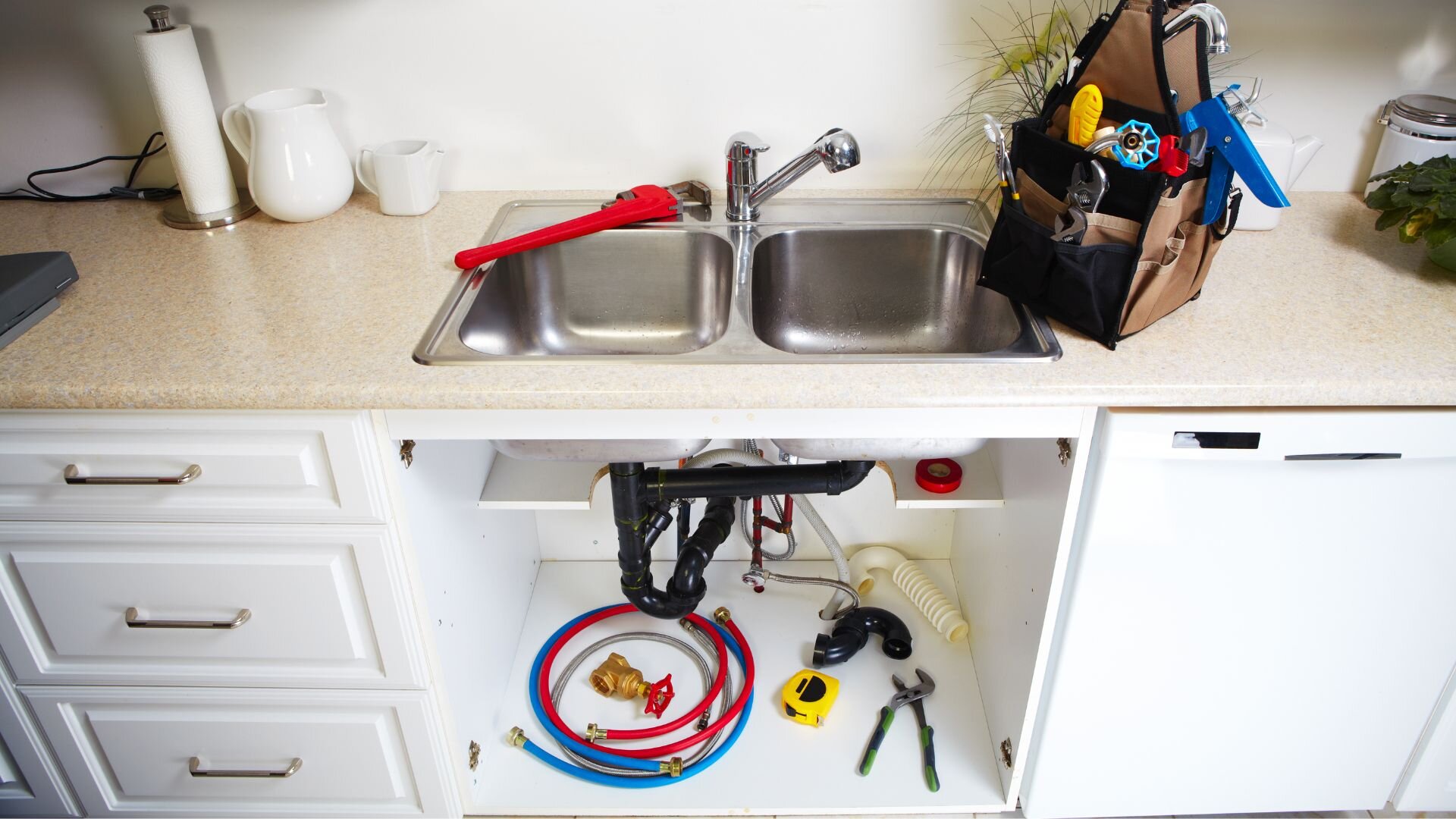
Regularly clean affected areas with vinegar or specialised descaling products to combat scale accumulation. Installing water filters or using water softening pods in appliances can help reduce mineral deposits. Consider using a water softener system that removes excess minerals through ion exchange for long-term protection.
This extends the life of your appliances and improves water quality for everyday use. Consulting a professional about whole-house water softening solutions may be worthwhile if you notice persistent issues or live in an area known for tough water.
Energy Efficiency and Water Conservation
Reducing water consumption and improving energy efficiency are crucial for environmental and economic reasons. To conserve water, choose appliances with high water efficiency ratings and use them only when complete.
Many modern appliances offer eco-friendly cycles that use less water and energy without sacrificing cleaning performance. Take advantage of features like delay start to run appliances during off-peak hours, potentially lowering energy costs.
To save water, scrape dishes and pre-treat stains instead of pre-rinsing in dishwashers and washing machines. When possible, use cold water cycles, which consume less energy. Regular maintenance, such as cleaning filters and checking for leaks, ensures optimal efficiency.
Consider installing low-flow faucets and showerheads to reduce water usage further. While these measures may require initial adjustments, they have significant long-term benefits, including lower utility bills, reduced environmental impact, and extended appliance lifespan. Balancing efficiency with effective operation allows you to maintain a comfortable lifestyle while conserving valuable resources.
Tackling Common Plumbing Appliance Issues
Addressing common plumbing appliance issues promptly can prevent minor problems from escalating into costly repairs. Leaks are often the first sign of trouble and should be investigated immediately. Check for water pooling, damp spots, or unexplained increases in water bills. Unusual noises or vibrations may indicate loose components, air in the pipes, or worn-out parts. For banging pipes, consider installing water hammer arrestors.
Drainage problems can often be resolved by clearing clogs with a plunger, drain snake, or enzyme-based cleaner. Avoid harsh chemical drain cleaners, which can damage pipes. For persistent clogs, seek professional help. Temperature inconsistencies in water heaters may be due to sediment build-up, faulty heating elements, or thermostat issues.
Flush the tank annually and check the thermostat settings. If problems persist, consult a professional. Regular inspection and maintenance of your plumbing appliances can help catch issues early, ensuring optimal performance and longevity while avoiding unexpected breakdowns.
Leveraging Technology for Maintenance
The integration of technology in plumbing appliances has revolutionised maintenance practices. Smart appliances often come with self-diagnostic capabilities, alerting users to potential issues before they escalate. Many feature companion apps that provide real-time monitoring, maintenance reminders, and troubleshooting guides. These digital tools can help schedule regular maintenance tasks, track water usage, and detect leaks.
The Internet of Things (IoT) has further enhanced appliance care, allowing for remote monitoring and control. Smart water heaters can optimise energy usage, while connected dishwashers can automatically order detergent when supplies run low.
However, balancing these tech-savvy solutions with traditional maintenance methods is essential. While technology can streamline many aspects of appliance care, hands-on inspections and manual cleaning remain crucial.
Knowing When to Call a Professional
While regular DIY maintenance is crucial, it is equally important to recognise when to call a professional. Some issues require expert knowledge and specialised tools to address safely and effectively.
Signs that indicate the need for professional help include:
- Persistent leaks despite DIY repairs
- Sudden drops in water pressure
- Strange odours or discoloured water
- Frequent circuit breaker trips
- Unexplained increases in utility bills
- Major appliance malfunctions
Regular professional check-ups can catch potential problems early, save money, and prevent emergencies. Schedule annual inspections for complex systems like water heaters and softeners.
When preparing for a service visit:
- Document the issue, including when it started
- Clear the area around the appliance
- Prepare questions about maintenance and operation
- Have your appliance’s model and warranty information ready
Attempting repairs beyond your expertise can lead to costly damage or safety hazards. Consult a licensed professional to ensure your plumbing appliances receive proper care and maintenance when in doubt.
Safeguarding Your Investment
At Woolf Plumbing, we understand the value of your newly installed plumbing appliances. Our team of expert plumbers in Perth is committed to helping you maintain these investments for years to come. We offer comprehensive appliance plumbing services, from routine check-ups to complex repairs.
Don’t let minor issues turn into major headaches. Contact Woolf Plumbing today for professional advice and top-notch service. Please email us, book an appointment online, or call us to ensure your plumbing appliances remain in peak condition. Trust the experts at Woolf Plumbing to keep your home’s plumbing system running smoothly.


